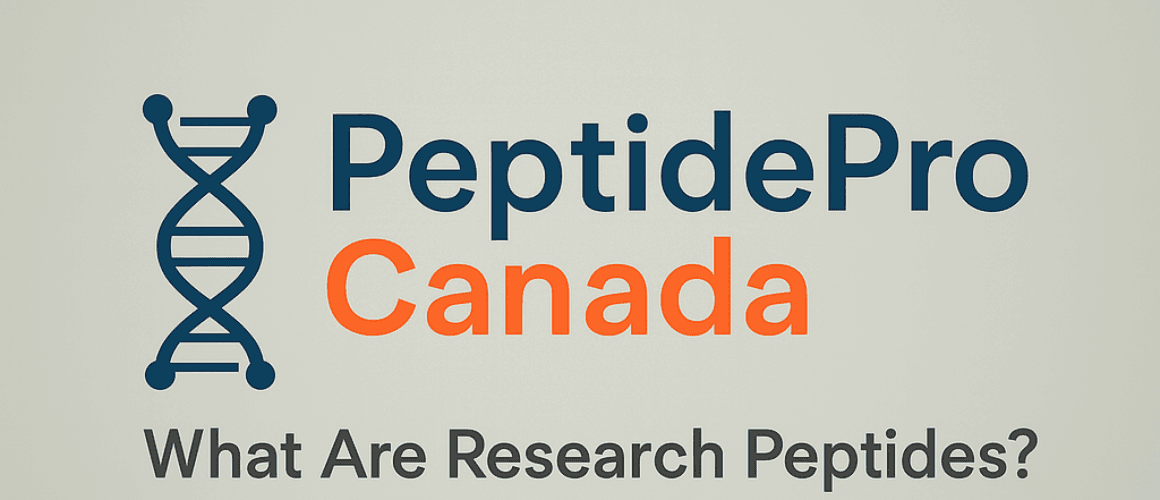What Are Research Peptides? A Simple Guide for Canadian Researchers
What Are Research Peptides? A Simple Guide for Canadian Researchers
Focus keyword: research peptides Canada
If you’re a health enthusiast, fitness professional, or scientific researcher in Canada, you’ve probably come across the term research peptides. But what exactly are they, and how are they used?
Let’s break it down clearly, without hype or confusion.
What Are Research Peptides?
Peptides are short chains of amino acids — the building blocks of proteins. In research settings, peptides are used to study a range of biological processes. Some mimic hormones. Others help scientists investigate healing, fat metabolism, or cell signaling.
Research peptides are not intended for human use. They’re used strictly in laboratory environments for experimental purposes.
Why Are Peptides Being Studied?
Peptides are popular in research for a few key reasons:
-
Targeted function: Many peptides bind to specific receptors.
-
Short half-life: Their effects are temporary, making them easier to study.
-
Low toxicity: Most are well tolerated in test settings.
-
Versatile use: They’re being researched in areas like fat loss, healing, hormone response, and cognitive function.
Popular Peptides in Canadian Research
Some of the most widely studied research peptides in Canada include:
Peptide
BPC-157
TB-500
Retatrutide
Tirzepatide
Semaglutide
Studied For
Tissue repair, inflammation
Muscle recovery, cell migration
Weight regulation, metabolic research
GLP-1/GIP effects on insulin and body weight
Appetite suppression, obesity research
All of these are for research use only, not for human consumption.
Is It Legal to Buy Research Peptides in Canada?
Yes — if you’re purchasing peptides strictly for laboratory research, it’s legal in Canada. However, companies selling peptides must label products properly and make it clear they’re not for human use.
At PeptideProCanada, we strictly follow these rules. Our peptides are lab-tested, securely packaged, and shipped fast and discreetly across Canada.
How to Store Peptides Safely
If you’re working with peptides in a lab, here are basic storage guidelines:
-
Keep lyophilized (powder) peptides in a freezer at -20°C
-
After reconstitution, store in a fridge (2–8°C)
-
Avoid repeated freeze-thaw cycles
-
Use sterile techniques to prevent contamination
Final Thoughts
Whether you’re a fitness professional exploring muscle recovery, a health researcher investigating metabolic pathways, or a scientist studying inflammation markers — peptides can be a powerful tool in your lab.
Just remember: research peptides are not supplements. They are strictly for use in controlled environments by qualified individuals.

